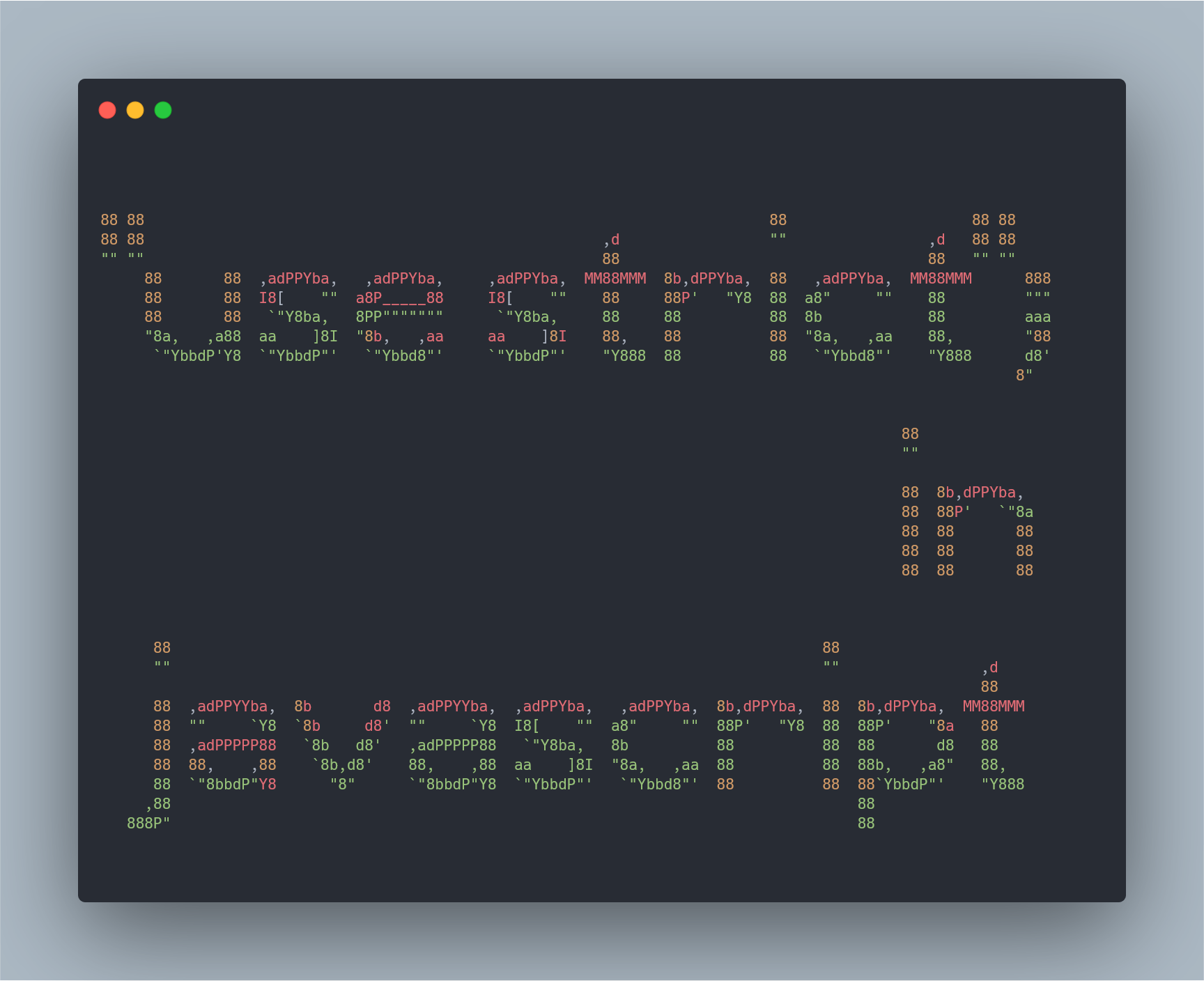"use strict"; in javascript
Hey guys, so full disclosure; I have been working as a product enginner and I had the task to quickly prototype a feature and a long story short I basically asked a few of the other memebers for help since I couldn’t get a certain POST request to work right, and after a few hours in and since all of them said the way the POST request was being made is pretty much right, I decided to debug the application and by this moment the application was extremely complex and branched.
So just when I was about to begin, one of my coworkers asked if he could checkout the code and as i scrolled to the POST request i realisied I had misspelled a variable and my coworker saw that and thats when he told me about “use strict” so that’s pretty much when I took a moment to read up about it and thought it’s something that everyone starting javascript should definetely know.
So let’s get started and also I started a youtube channel about a month back and this article is summarizing the video, if you prefer video format check that out.
The “use strict” directive was new in ECMAScript version 5 (around since 2011) and forces a program (or function) to work under a “strict” operating context. It is not a statement, but a literal expression, ignored by earlier versions of JavaScript. With strict mode on it is easier to detect JavaScript silent errors as they would throw an error now. This makes debugging much easier and the chances of developers making mistakes is reduced. Most modern browsers support strict mode except Internet Explorer 9.
so why exactly is “use strict” a string ?
If an older browser saw the “use strict” string it would consider it as a string and simply ignore it executing without enabling the strict mode as it is just a string Internet Explorer 9 will not throw an error even if it does not understand it, in a new browser when it sees the keyword used strict it then knows to turn itself into strict mode operating.
enabling strict mode !
Strict mode can be used in two ways
-
used in global scope
// Whole-script strict mode syntax 'use strict'; var v = "Hi! I'm a strict mode script!"; -
used in functions
// not strict function strict() { // Function-level strict mode syntax 'use strict'; return "Hi! I'm a strict mode function! "; } // not strict
“strict mode”; reports errors on the following:
- Using a variable, without declaring it.
- Using an object, without declaring it.
- Using reserved keywords as variable names.
- Deleting a variable (or object) is not allowed.
- Deleting a function is not allowed.
- Duplicating a parameter name is not allowed.
- The word eval cannot be used as a variable.
- For security reasons, eval() is not allowed to create variables in the scope from which it was called.
- Using variable / object wihout declaring it. ( helps is you misspelled a variable )
'use strict'; var uniqueValue = 23; uniquValue = 17; // this line throws a ReferenceError due to the // misspelling the variable unknownValue = 25; // this line also throws a ReferenceError as variable is not declared
Would result in a new global variable (as in unknownValue and uniquValue) created, and uniqueValue would remain untouched. Under strict mode, assigning a value to an undefined variable will throw a ReferenceError.
- Using reserved words to declare variables. ( future proof your code )
var let = 24; console.log(let) // will output 24"use strict"; var let = 24; console.log(let) // will raise an error
Keywords reserved for future JavaScript versions can NOT be used as variable names in strict mode.
These are: implements,interface,let,package,private,protected,public,static,yield.
-
Deleteing variables, object, functions in strict mode raises error.
"use strict"; var variable = 23; var obj = { 'name':'mxiv' }; function func(p1, p2 ) { console.log("Hello"); } delete variable; // will raise error delete obj; // will raise error delete func; // will raise error -
Function arguments cannot be deleted and have same name
"use strict"; function func(p1, p2 ) { console.log("Hello"); delete(p1); // raises error } function func2(p1,p1) { // raises error console.log("hey"); } -
Eval restrictions.
eval('var variable = 2;'); console.log(variable); // displays 2 as the variable is leaked out of the eval function.
when strict mode is used eval does not leak variables declared in the expression passed to it.
hence for security reasons in strict mode eval is not allowed to create variables in the scope from which it was called this brings us to the end of this article.
If you liked the content checkout my youtube channel - YouTube - use strict in javascript .
#javascript #node-js #web-development #reactjs #html
